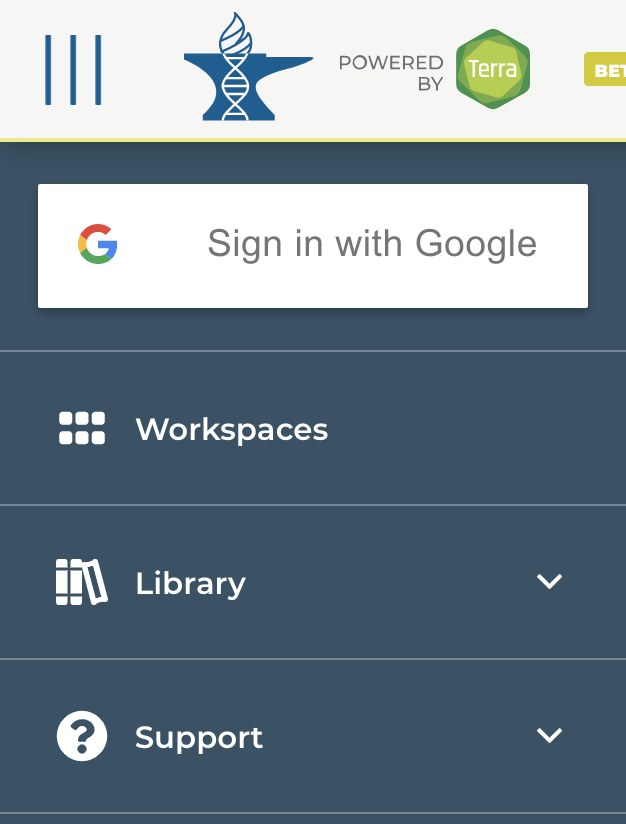Instructor names and contact information
Sehyun Oh* Sehyun.Oh@sph.cuny.edu [1]
Levi Waldron* Levi.Waldron@sph.cuny.edu [1]
Jennifer Wokaty jennifer.wokaty@gmail.com [1]
Lori Shepherd lori.shepherd@roswellpark.org [2]
Kayla Interdonato Kayla.Morrell@roswellpark.org [2]
Marcel Ramos marcel.ramos@roswellpark.org [2]
Martin Morgan martin.morgan@roswellpark.org [2]
Nitesh Turaga nturaga.bioc@gmail.com [3]
BJ Stubbs rebjh@channing.harvard.edu [3]
Vince Carey stvjc@channing.harvard.edu [3]
[1] CUNY Graduate School of Public Health and Health Policy and Institute for Implementation Science in Population Health, New York, 10027, USA
[2] Roswell Park Comprehensive Cancer Center, Buffalo, New York, 14203, USA
[3] Channing Division of Network Medicine, Harvard Medical School, Boston, Massachusetts, 02115, USA
Workshop Description
The rapidly growing size of genomic datasets introduces challenges of data transfer, storage, access, sharing, and computing. In this workshop, we introduce cloud-based genomics platform Terra as a potential solution. Terra hosts large-scale genomic and genomic-related data sets and provide secure remote access to them and to individually uploaded data resources. Terra also provides on-demand computational capacity through Google Cloud Platform, and interactive analysis interfaces such as Jupyter notebook and RStudio. Users can run best practice tools and pipelines already implemented or upload their own data or analysis methods to workspaces. Workshop participants will learn how to use Terra through the use-case examples, instructor-led live demonstration, and the Bioconductor AnVIL package.
This workshop is supported by the NHGRI Genomic Data Science Analysis, Visualization and Informatics Lab-space (AnVIL)
Pre-requisites
- Basic knowledge of R syntax
- [Optional] Terra account setup
- Visit https://anvil.terra.bio/#
- Select the ‘HAMBURGER’ menu in the top left corner
- Choose ‘Sign in with Google’

Workshop Participation
Participants will have the opportunity to access a pre-populated Terra workspace and run examples.
Time outline
| Activity | Time |
|---|---|
| Account Setup | 10m |
| Overview | 15m |
| Use Cases | 15m |
| Live Demo | 20m |
| Hands-on Session | 30m |
Learning Goals
- Gain familiarity with cloud-based genomics platforms
- Learn how to access data sets and tools provided through Terra
- Learn how to use interactive analysis apps, including group sharing of a workspace and billing
- Understand the benefit and shortcoming of Terra
Specific objectives
- Setup Terra account
- Clone a public/sharable workspace
- Create a new workspace and import datasets/ workflows/ notebooks
- Use Jupyter notebook and RStudio in Terra
- Use AnVIL package to access Terra and R/Bioconductor resource
Acknowledgement
Funding
NHGRI supports AnVIL through cooperative agreement awards to the Broad Institute (#5U24HG010262) and Johns Hopkins University (#5U24HG010263).
Links
Bioconductor AnVIL: https://anvil.bioconductor.org/
AnVIL project website: https://anvilproject.org/
AnVIL Terra: https://anvil.terra.bio/
Dockstore: https://dockstore.org/
GEN3: https://gen3.org/